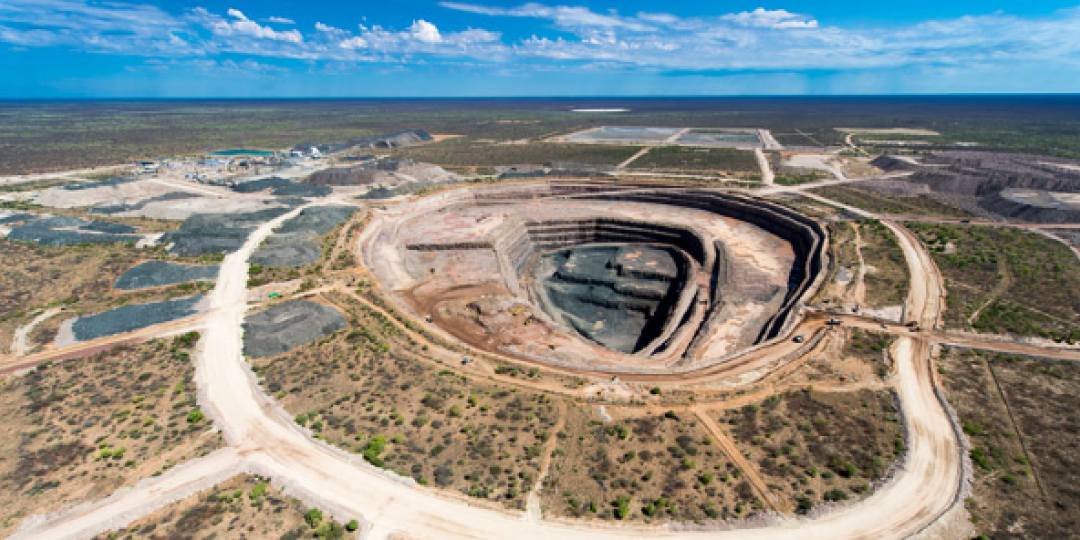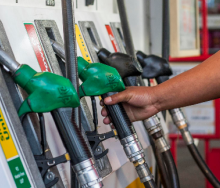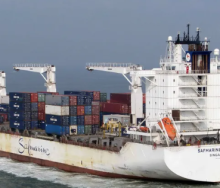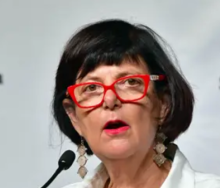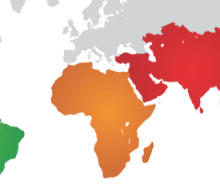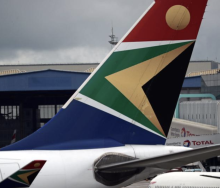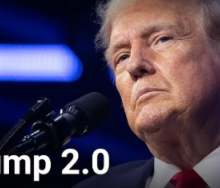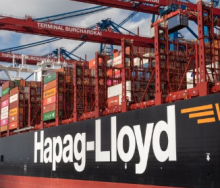The new government in Gaborone of President Duma Boko, which brought an end to six decades of dominance by the Botswana Democratic Party (BDP), has notched up an early milestone for the country’s international trade profile.
According to the Namibia Press Agency (Nampa), Botswana will soon join Belgium as a verification and certification hub for rough diamond exports to Group of Seven (G7) nations – Canada, France, Germany, Italy, Japan, the United Kingdom and the United States.
The development is widely seen as a major victory for the new ruling party, the Umbrella for Democratic Change, and follows a G7 ban on Russian diamonds in January.
The ban meant that Antwerp was in March selected as the sole location able to certify the origin of rough diamonds and to issue G7 certificates, Nampa reports.
Botswana is Africa’s biggest diamond producer and the second worldwide after Russia - and the Boko presidency has said it expects to become the second certification node by early 2025.
This was after it had led a “massive protest” against the single node arrangement, arguing that it was “unfair, restrictive, costly and therefore harmful to the economy”, the presidency said.
A G7 diamond technical team, chaired by the European Union, said it was also “engaging other African diamond-producing countries such as Namibia and Angola to consider setting up additional export certification nodes”.
The upcoming inclusion of Botswana will “reposition the country as a responsible global leader in diamond production”, said government spokesperson Montlenyane Baaitse in a statement.
The announcement was made after he had attended the FACETS 2024 diamond conference in Belgium.
During a speech at the event, he emphasised the economic and social importance of diamonds for the country, while speaking of efforts to enhance transparency and accountability within the industry.
“Botswana is committed to being a leader in traceability and responsible mining practices, ensuring that our diamonds shine not only in aesthetics, but also in ethics,” Boko said.
Diamond revenues and trade figures have plummeted in countries like Botswana, where growth fell to 2.7% in 2023 from 5.5% in 2022, according to the International Monetary Fund.
The stones are Botswana’s main source of income and account for about 30% of its GDP and 80% of its exports.
Nampa reports that Boko swept to power in an October 30 poll that ejected the BDP after nearly six decades, amid widespread concerns for the landlocked nation’s sluggish economy.
